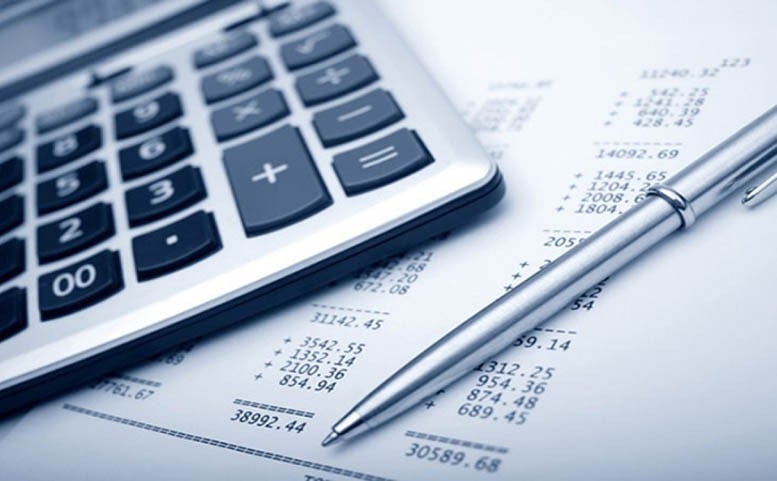
As things stand, the government appears to be directionless on every front: management of economy, administrative reforms and governance

The British prime minister, Sir Winston Churchill, once said that "a nation which tries to tax itself into prosperity is like a man standing in a bucket and trying to lift himself up by the handle."
The main thrust of the Pakistan Tehreek-e-Insaf (PTI) government over the past year has been the collection of taxes. The government has tried various tactics to increase the tax revenue, but ended up making things worse.
People elected the PTI in July 2018 general elections to fight corruption, introduce good governance and provide all amenities at their doorstep. The party had claimed it had done the homework and would introduce revolutionary changes in the basic structure of the economy resulting in flourishing trade and attracting investment.
Over a year has passed since it took over but no improvement is visible on the economic front and no reforms have been introduced. Familiar faces still influence government policies, unelected people seem to have prevailed upon the prime minister to protect their vested interests and the economic situation is going from bad to worse with every passing day.
It is important to note that the Pakistan Muslim League-Nawaz (PML-N) had built the facade of a stable economy. Former finance minister, Ishaq Dar, had been borrowing from every possible lender: the International Monetary Fund, the World Bank, Asian Development Bank, you name it.
Instead of making Pakistan an industrial nation, the previous governments led by the PML-N and the Pakistan Peoples Party had turned the country into a consumer market which almost totally relied on the Chinese industry. The international rating agencies were allegedly bribed to paint a good outlook for the economy.
Dar achieved an annual growth rate of 5.4 percent for the gross domestic product, decreased electricity shortfall, contained inflation and infused hope in the minds of the business community that the economy was ready for a take-off. The overall outlook of the economy was stable if not growth-oriented and the business community seemed to trust government policies.
The PTI government raised hopes for the business community by promising reforms in the Federal Board of Revenue (FBR), and government agencies to minimise official interference in business affairs. The common man was hoping that the new government would create jobs, control inflation, and provide them health and education facilities. However, the hopes were dashed. Now inflation has reached double digits and the prices of electricity, gas, and petrol are rising.
Unfortunately, despite the passage of a whole year, the government has yet to unveil its economic policy. It has already added a record burden of $16.2 billion to loans. The major lenders are a familiar lot: the IMF, Saudi Arabia, the United Arab Emirates, China and Qatar. The government is still exploring its options to get more loans.
It is often said that tax-to-GDP ratio in Pakistan is the lowest in the region. Most of the government economists forget to mention the fact that Pakistan is one of the most heavily taxed countries in the world in terms of indirect taxes.
In his recent speech, the prime minister was adamant that he would allow tax concessions to no one, but fell short of advising his team to devise a fair tax collection mechanism.
Every government claims that it inherited the problems created by the previous governments, but leaves office only after adding its own share of problems to the list. The governments always talk about tax targets but no government has ever tried to provide a roadmap to achieve those targets.
Ishaq Dar, too, used to lecture people on the importance of tax collections and had tried to meet the targets by issuing decrees without taking into account the ground realities. Imposition of 0.6 percent tax on withdrawal of cash up to Rs 50,000 not only undermined the banking sector but also proved a severe blow to the documentation of the economy as many businessmen and traders started using cash in trade of commodities.
Off the record, some politicians are saying a plan to further depreciate the rupee is on the table. The government has failed to give a direction to the economy. The government is unable to assess the ground realities. The current setup which promised "change" wants to become a success story by adopting "business as usual" approach.
The time is running out and the government seems to be directionless on every front whether it be the management of economy, administrative reforms or governance. It is losing credibility among the people. Frustration is increasing in every segment of the society: be they investors, manufactures, traders or consumers.
Business activities are coming to a grinding halt but the prime minister is apparently only hearing "everything is ok" mantra from those around him. The prime minister should offload the assistants and special assistants who are a burden on the exchequer. The failure of this government would be the failure of the nation.